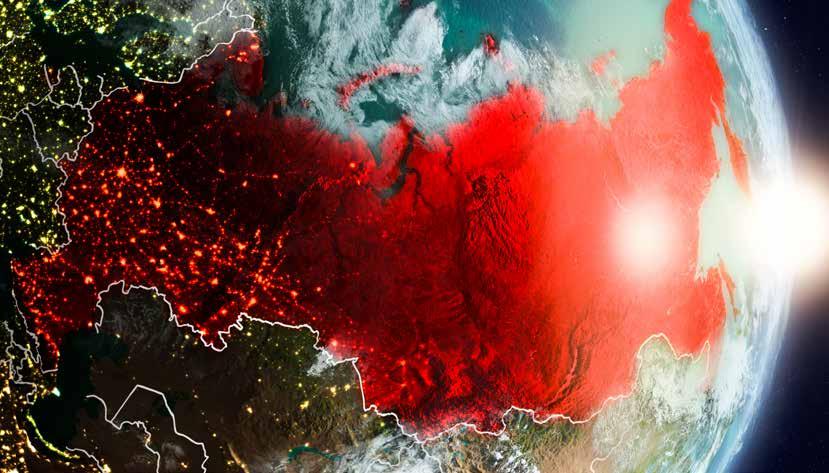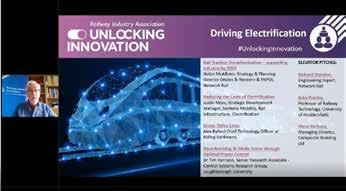36
SUSTAINABILITY & ENVIRONMENT
LIZI STEWART
BEHAVIOUR
C
limate change is such a large issue, and achieving Net Zero such a difficult task, it is all too easy to put our hands up and say: “But what can I do?” The reality is, if you work in the transportation sector, you play too big a part to relinquish responsibility – ‘the buck stops here’, as they say across the Atlantic. Transport is now the largest contributor to UK emissions. Except for the rail sector, demand growth has offset technology gains, meaning that overall domestic transport carbon emissions haven’t changed in 30 years. That’s 30 years where all our efforts haven’t delivered the outcome we need. We cannot repeat this in the next 30 years.
Why change must start with us
Rail Engineer | Issue 187 | November/December 2020
Change has already begun The pandemic, and the resultant lockdown, provided a small glimpse into how our behaviours can be changed. During the first lockdown, we saw a reduction in urban nitrogen oxide of approximately 30 to 40 per cent and of approximately 23 to 30 per cent in terms of nitrogen dioxide, with evidence of these reductions being even greater at the roadside. We’ve also seen an increase in the use of local facilities, parks, shops and open spaces. However, another more concerning change also began as a result of Covid. As recently reported in the Guardian following a survey by the RAC, the pandemic has put back attitudes to driving versus public transport by two decades, with 65 per cent of UK car owners now considering their vehicle essential. Reluctance to use public transport is at its highest level in 18 years, with only 43 per cent of people willing to use their car less with better access to public transport, down from 57 per cent last year. We cannot underestimate the habits that are being formed in 2020 when it comes to car use, and the challenge ahead of us to get people to re-embrace public transport. PHOTO: ISTOCKPHOTO.COM
We have a key part to play in developing the right transport modes, energy and systems to help reduce transport-related greenhouse gas (GHG) emissions. If we fail to do this, we will continue to pump large amounts of carbon emissions into the atmosphere. The impacts on the climate, our health and the planet will continue to deteriorate, temperatures will continue to increase, sea levels will continue to rise and our potential legacy cannot be downplayed – without action we will leave future generations to suffer the consequences. None of us went into the transport sector with the objective of doing more harm than good; we have an opportunity to use our collective intelligence to reimagine our approach to transport, and it is our duty to do so.
PHOTO: ISTOCKPHOTO.COM
HUMAN
how climate change and Covid-19 challenge us to act differently










